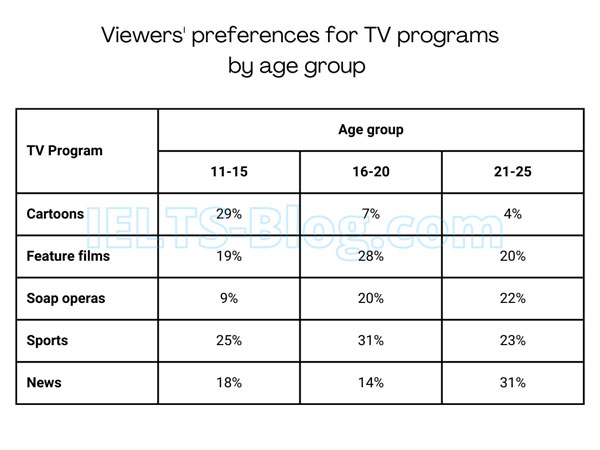IELTS Speaking test in Canada, with answers – November 2022
Here are some high-scoring Part 1 model answers for Speaking Test that was shared by a test taker from Canada. The answers show a good way to respond to these questions. You can find Part 2 (cue card) and Part 3 answers on the VIP Club website.
Speaking test
Part 1 (Interview)
1. Where do you live at the moment?
Right now, I live in a tiny one-bedroom apartment in the heart of the city. It’s quite cramped for space, but the view from the balcony is phenomenal since you can see the entire city from it.
2. Who do you live with, and why?
I live alone, mostly because my apartment is too small to have a roommate, and also, I am a bit of an introvert and prefer to have my own space where I can relax and recharge after work.
3. Do you like snacks?
Yes, I do. I think most people like snacks, they just prefer different types of snacks. In my case, I love snacking on peanuts and raisins, especially while I am watching a TV show or a movie.
4. What time of the day do you prefer to have snacks and why?
I usually have a snack in the afternoon on most weekdays. This is because I often get swamped at work and don’t have time for a proper lunch break, so I grab whatever I can find to give me a boost. This could be anything from a bar of chocolate to crisps.
5. Do you think snacking is a healthy habit?
In my case it is definitely not healthy at all. That’s because it ruins my appetite before dinner and then I end up snacking again late at night. You could say it messes up my internal cues. What’s worse is that most of the snacks I eat are processed foods that are either full of sugar or added salt. They are not worth the extra calories, but I just can’t seem to shake this unhealthy habit.
6. What were your favourite snacks as a child?
As a kid I just loved marshmallows, and my dad would usually buy me a bunch when he came home from work. My sister and I would make a cheat version of Smores with them in the microwave and they were just divine!
7. If you had a child, what snacks would you give him/her?
I would like to think that I would offer my child healthier alternatives like roasted nuts, dried fruit, and flavoured yoghurt as snacks. However, I think every kid deserves the occasional candy bar every now and then.
Part 2 (Cue Card)
Talk about a person from another culture (such as a friend or a teacher). You should say
– who the person is
– how you met him/her
– where you met
– and explain what you learnt about his/her cultural background.
Read a model answer on the VIP Club website
Part 3 (Discussion)
– Is it easy to communicate with people from another culture?
– What difficulties do we face when we talk to a person from another culture?
– Is language barrier the main problem or are there other difficulties? What are they?
– Do you think if there was just one language in the world, people from different cultural backgrounds could communicate more easily?
– What would be the impact of a different culture on the local culture?
Read model answers on the VIP Club website


